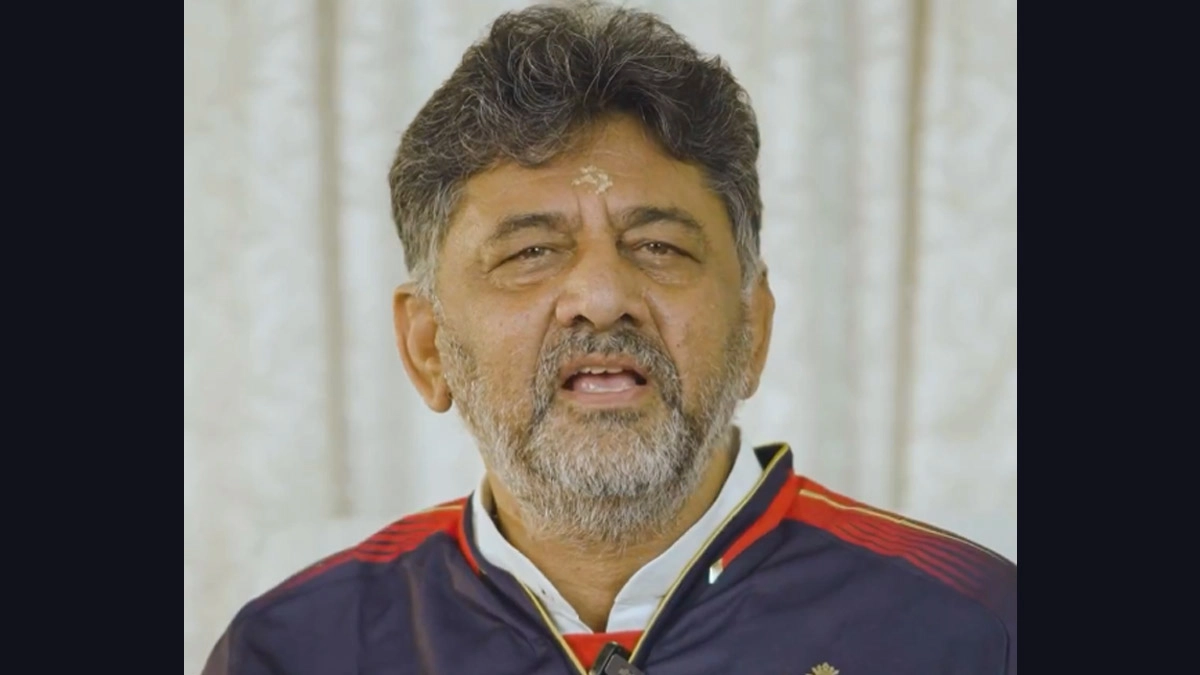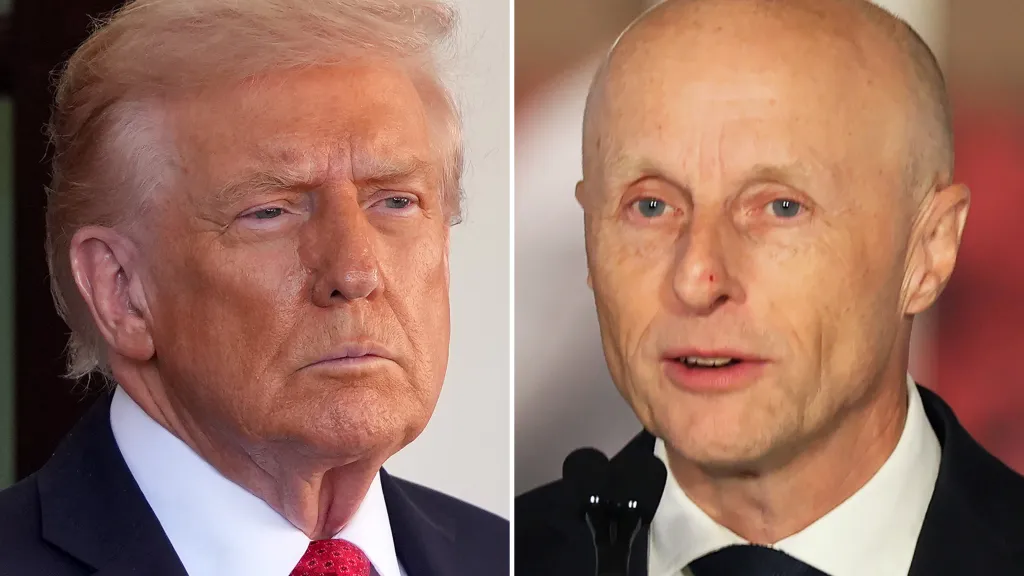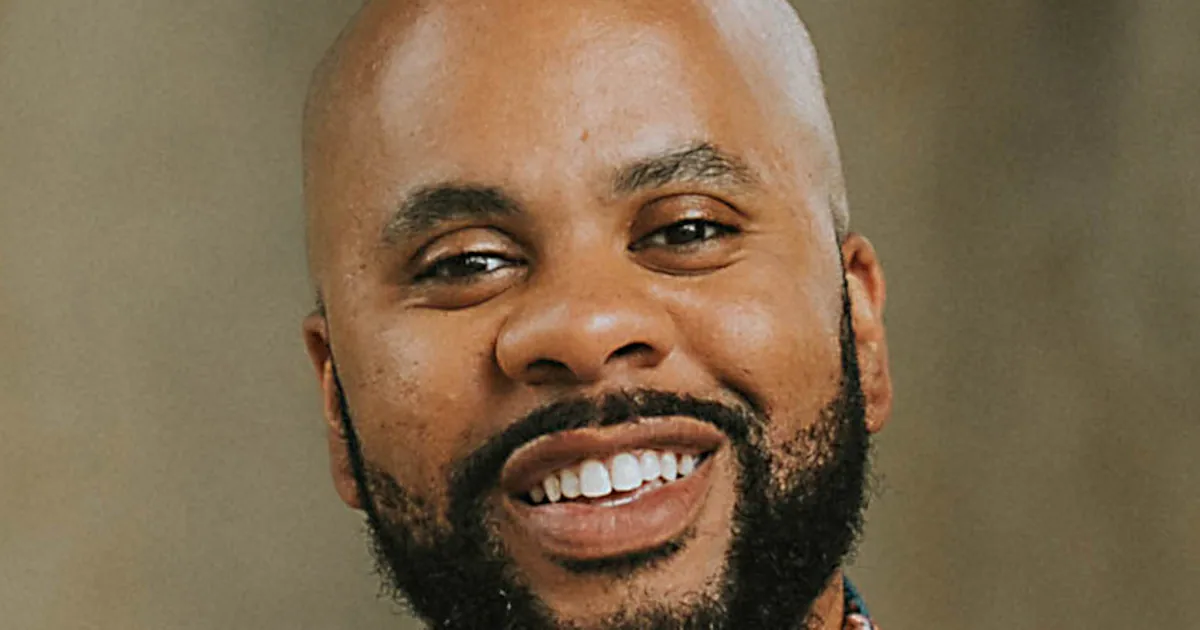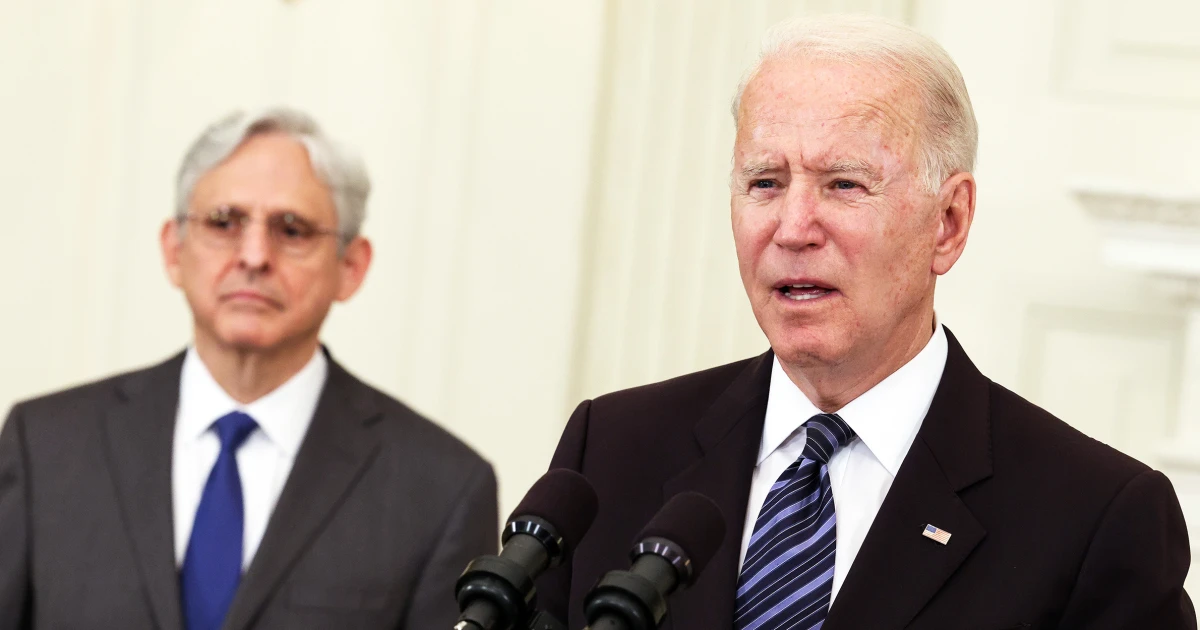Copyright scmp
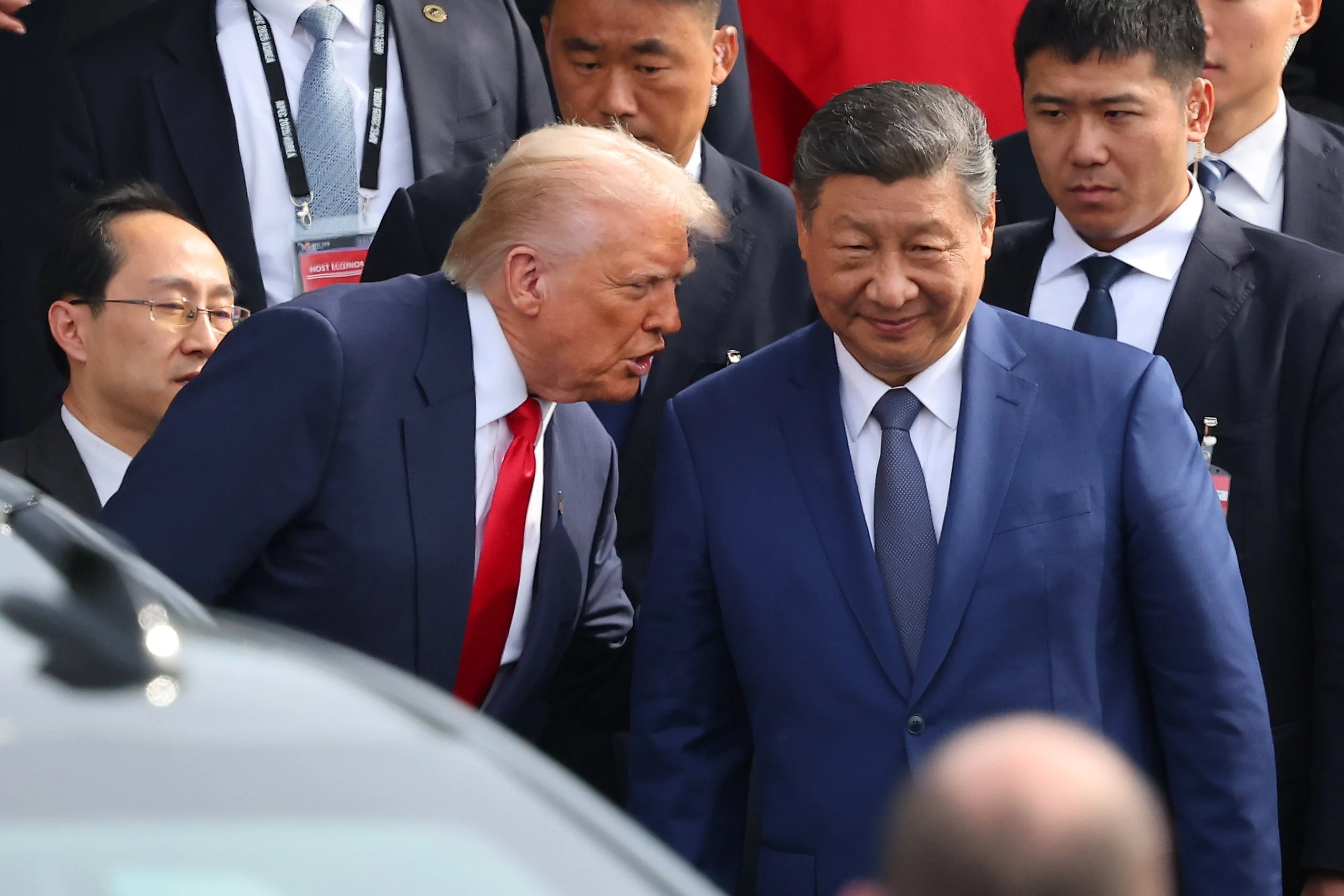
Political leaders like to perform on the global stage and there is no greater “performer” in this regard than US President Donald Trump, who has just been swinging across Asia, doing deals while posing as the best buddy of every national leader he met. That kind of showmanship may impress people at home and possibly win more political support, but it hijacks the need for genuine diplomacy and international cooperation in both an economic and political sense. Two cases in point are the most recent summits of the Association of Southeast Asian Nations (Asean) in Malaysia and the Asia-Pacific Economic Cooperation (Apec) forum in South Korea. These organisations and the meetings they hold are supposed to be concerned primarily with regional cooperation and integration. Instead, they became platforms for great power politics. Such gatherings, ostensibly meant to prioritise matters of common interest, are ultimately eclipsed when they become the setting for leaders seeking to resolve bilateral disputes between nations that are not even members of the group in some cases. Trump, for example, stole the limelight at the Apec summit through his meeting with Chinese President Xi Jinping. He also effectively claimed credit for a ceasefire between Thailand and Cambodia during his attendance at the Asean summit. Similarly, his meeting with new Japanese Prime Minister Sanae Takaichi, heralding a new “golden age” of bilateral ties, hogged the headlines between the Asean and Apec meetings. There are issues of critical importance, such as the impact of US tariffs on regional trade, inflated asset prices which threaten a financial crisis, rapidly ageing populations, the so-called middle-income trap and climate change, among other issues, which members of both regional organisations must contend with during summits. However, all the hard work undertaken by politicians and bureaucrats in individual Asean or Apec nations in preparation for the summits ends up being overshadowed by the posturing of great powers. Trump’s tariff tantrums have done this to a perhaps unprecedented extent. Trump is undoubtedly skilled in generating publicity around the “art of the deal”, a personal manifesto of the American president, inspired by his book of the same name. He imposes penalties, whether tariffs or sanctions, on other countries and then declares victory by partially rolling them back in return for favours from the countries he is targeting. As economist Richard Katz observed during a recent panel discussion in Tokyo, Trump scares nations by threatening to amputate both legs – and then only cuts off one. The implied message in this kind of behaviour is that bullying pays off, that “might is right”, whereas Asian leaders ought to instead condemn US protectionism under Trump while focusing on reinforcing their own regional solidarity and the need to reduce economic dependence on the United States. There was a relative paucity of economic substance at both the Asean and Apec meetings and even moments of progress were cast into the shadows by the blaze of publicity given to great-power posturing by the leaders and diplomats who attended, notably Trump. While Xi didn’t make it to Kuala Lumpur, he has been a prominent presence in Gyeongju. Moreover, a Russian delegation was present at both summits. As respective hosts of the two international gatherings, Malaysian Prime Minister Anwar Ibrahim and South Korean President Lee Jae-myung also added to the star line-up at the events and arguably helped distract attention from the business emphasis needed as their countries face economic challenges of one kind or another. It may be coincidental that these exchanges among great powers took place on the so-called “sidelines” of the Asean and Apec meetings, but this is highly unlikely. The fact is that they provide organisational infrastructure, largely paid for by the host nations, while also providing diplomatic cover for semi-official encounters. They do not involve formal agreements or treaty obligations between leaders, which are necessary for true and lasting cooperation. By piggybacking on meetings of regional organisations, the leaders of great powers are able to freely make promises in ways that do not match commitments made within the institutional framework of Asean, Apec or other such groupings. Top-down summit diplomacy has its place, of course, but it should not be conducted at the expense of regional business. If Trump wants to gain popularity beyond the borders of the US, he should ensure that his foreign policy does not interfere with or overshadow the routine business of regional organisations, for which he displays only minimal respect at best. The same criticism might be levelled against political leaders of other great powers such as China and Japan. However, their international agenda is set to some extent by the timing of Trump’s appearance at key summits. They may well feel duty bound to turn up at the same time to preserve credibility or “save face”. Leaders of great powers should not be allowed to turn their backs on globalisation and multilateralism on one hand, while using global or regional multilateral organisations as platforms to attract attention to their own interests and agendas on the other. They should either commit entirely to international cooperation or cease using what remains of it to suit their own ends.
